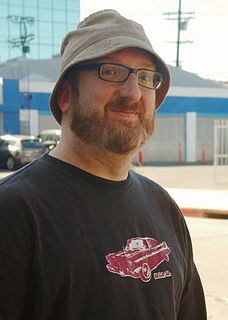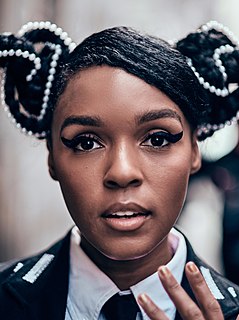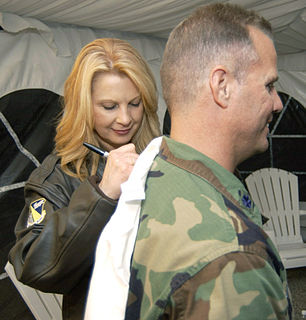A Quote by Emma Forrest
The problem with writing a book about bulimia is that whenever you go to the washroom, people think you're throwing up.
Quote Topics
Related Quotes
Everybody knew about the bulimia in the family. And they all blamed the failure of the marriage on the bulimia and it's taken them time to think differently. I said I was rejected, I didn't think I was good enough for this family, so I took it out on myself. I could have gone to alcohol. I could have been anorexic. I chose to hurt myself instead of hurting all of you.
I began writing books after speaking for several years and I realize that when you have a written book people think that you're smarter than you really are if I can joke. But it's interesting. People will buy your book and hire you without reading the book just because you have a book and you have a book on a subject that they think is of interest to themselves or e to their company.
Generally I start writing when I have even the smallest idea of how a book is going to go, because the physical process of writing itself keeps the mind active and focused on the job at hand. Usually I write in about 5 drafts, but that simply means there are 5 definite times when I go in a linear fashion from the beginning to the end of the book.
Whenever I finish a book, I go off and have some kind of adventure. Having had an adventure in my writing chair or on my writing sofa, an internal adventure, then I need to balance that off with an external adventure, so I'll go tramping through Africa or whitewater rafting or float to Hawaii in a martini shaker or something.
I'm always thinking about young people first when I'm writing music. Whenever I can reach that young person and inspire them to go after their own dreams, start their own movement just like I did with Wondaland. Starting their own tribe and showing people that we are not all the same, we're not all monolithic. I think that's what it's all about for me.
I think all writing is about writing. All writing is a way of going out and exploring the world, of examining the way we live, and therefore any words you put down on the page about life will, at some level, also be words about words. It's still amazing, though, how many poems can be read as being analogous to the act of writing a poem. "Go to hell, go into detail, go for the throat" is certainly about writing, but it's also hopefully about a way of living.
If I'm throwing a no-hitter and someone says, 'Hey, you've got a no-hitter,' obviously I'd be like, 'Yeah, I know.' I just try to be humble. I don't like to talk about myself. I have no problem speaking up when I screw up, but if I'm doing good, people are going to notice. I don't need to talk about it.







































